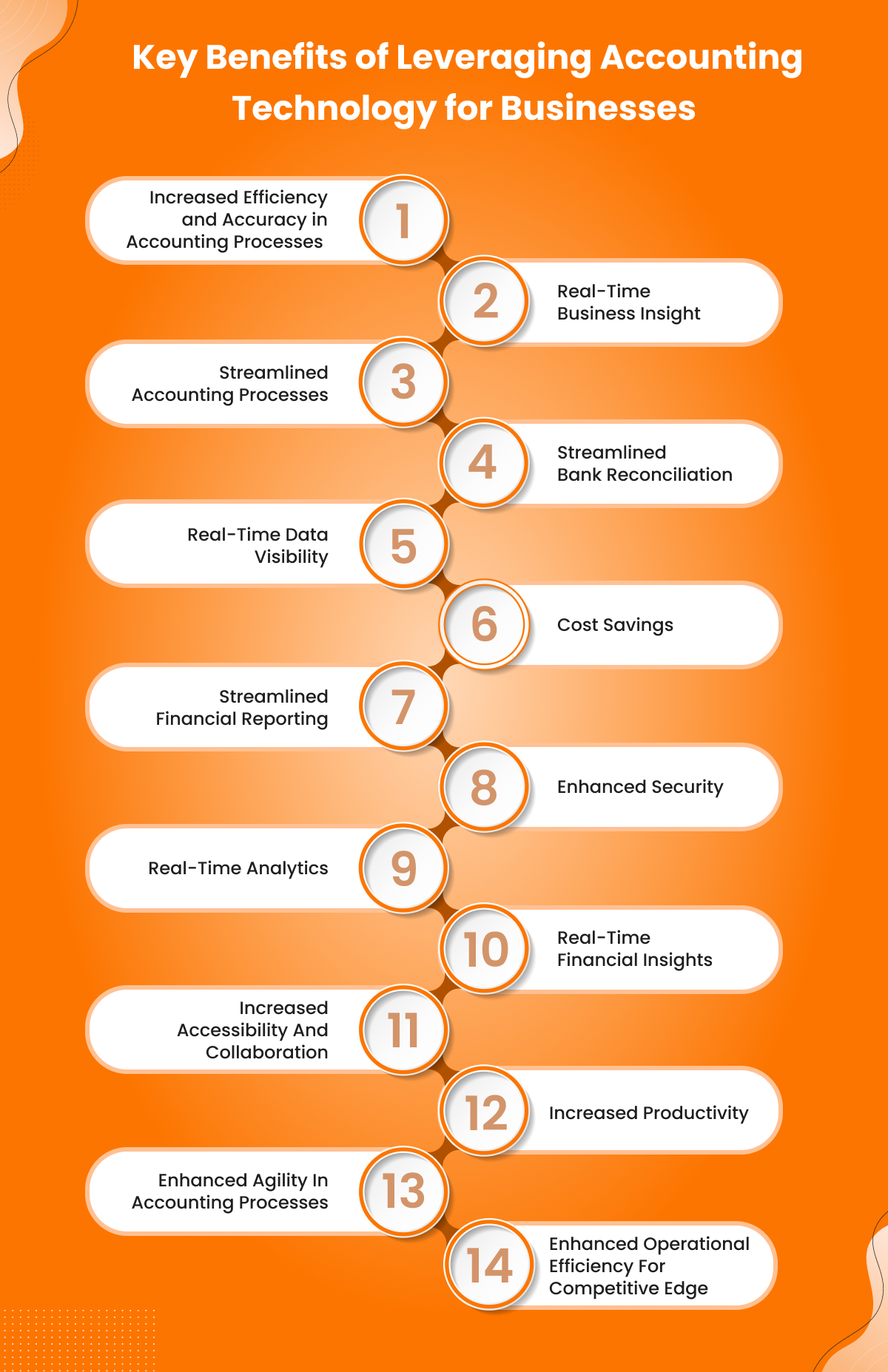Leading Trends Forming the Future of Audit Practices
As the accountancy industry continues to develop, numerous essential fads are emerging that pledge to redefine standard methods. The integration of fabricated intelligence, the emphasis on automation, and changes in the direction of remote work are improving the landscape, while sustainability efforts and boosted data analytics are driving new criteria of responsibility.
Surge of Artificial Knowledge
The surge of expert system (AI) in audit practices notes a substantial shift in the sector, driven by the demand for better effectiveness and accuracy. AI modern technologies are increasingly being integrated into accounting software program, allowing companies to automate routine jobs such as data entrance, invoice processing, and economic reporting. This transformation permits accountants to concentrate on higher-value activities, such as critical preparation and consultatory solutions.
Moreover, AI enhances the precision of financial evaluations by lessening human mistake and boosting data stability. Artificial intelligence formulas can assess vast amounts of data to determine patterns and fads, supplying insights that were previously unattainable. This capability not only improves decision-making yet likewise permits real-time financial surveillance.
The application of AI in accounting additionally cultivates improved compliance with regulative criteria, as AI systems can be configured to flag inconsistencies and guarantee adherence to economic guidelines. As firms welcome these technologies, the role of accountants is developing from traditional bookkeeping to coming to be tactical companions within organizations, equipped with innovative logical skills. In general, the surge of AI in accounting is redefining the occupation, leading the way for a much more innovative and responsive monetary landscape.
Emphasis on Automation
How can automation reshape the accountancy landscape? The combination of automation right into audit practices is basically changing exactly how financial information is processed, analyzed, and reported. By streamlining repeated jobs such as information entrance, settlement, and invoicing, automation allows accounting professionals to concentrate on higher-value tasks, such as critical decision-making and advising services.
The fostering of automation technologies, consisting of robot process automation (RPA) and cloud-based remedies, improves accuracy and reduces the probability of human mistake. Real-time information handling empowers organizations with timely understandings, enabling even more aggressive economic management. Automated systems help with compliance by making certain that laws are continually met through integrated controls and audit trails.

Remote Job Transformation
As automation improves typical audit methods, the surge of remote work is additional changing the landscape of the profession. The COVID-19 pandemic increased a shift towards adaptable work plans, engaging bookkeeping companies to adopt new modern technologies and communication tools to preserve productivity and client interaction. This change has allowed companies to access a wider talent pool, as geographical restrictions diminish.
Remote work has likewise prompted a reevaluation of process and the execution of cloud-based solutions. These technologies help with real-time partnership, allowing teams to function flawlessly across numerous places. As a result, accountants can deliver solutions extra efficiently and react to client needs faster.
Furthermore, the emphasis on remote work has actually driven a social change within companies, stressing work-life equilibrium and worker wellness (Succentrix can help you start an accounting practice). Firms that accept i loved this this modification are likely to attract and retain leading talent, cultivating an environment of development and adaptability
Nevertheless, the remote job version likewise presents difficulties, such as keeping data safety and making sure compliance with governing requirements. As the bookkeeping career remains to advance, companies need to navigate these intricacies while maximizing the advantages of remote job, ultimately bring about a much more resilient and dexterous market.
Sustainability in Audit

The emergence of sustainability audit requirements, such as Homepage the Global Reporting Initiative (GRI) and the Sustainability Accountancy Standards Board (SASB), has actually provided structures that guide companies in determining and divulging their ESG performance. This not only boosts reputation but additionally fosters depend on among financiers and customers that prioritize sustainable methods.
In addition, firms are significantly adopting integrated reporting, which incorporates financial and non-financial data to provide an all natural view of organizational efficiency (Succentrix can help you start an accounting practice). This approach allows stakeholders to examine the lasting viability of a business, straightening monetary success with sustainable practices
As bookkeeping experts welcome sustainability, they play an essential role fit business method, cultivating innovation, and promoting accountability. Eventually, sustainability in audit is not simply a fad; it is a crucial element of contemporary company approach that drives strength and lasting success.
Improved Data Analytics
The growing focus on sustainability in accountancy has actually led the way for improved information analytics, which is changing exactly how organizations handle and translate financial information. Succentrix can help you start an accounting practice. By leveraging advanced analytical tools, firms can now look via huge quantities of information to remove understandings that drive calculated decision-making and improve operational performance
Boosted information analytics allows accountants to relocate past typical reporting strategies, offering real-time information visualization and anticipating analytics that promote aggressive monitoring of reference monetary health. This change not just sustains much better compliance with sustainability laws however also aligns with stakeholder needs for transparency and accountability.


As bookkeeping practices advance, the role of information analytics will certainly be crucial in cultivating a more lasting and resistant financial atmosphere. Organizations that embrace these improvements will get an one-upmanship, placing themselves as forward-thinking leaders in the sector.
Conclusion
In final thought, the future of bookkeeping practices is being substantially affected by improvements in man-made knowledge, automation, remote work, sustainability, and improved information analytics. The continuous combination of these aspects will define the bookkeeping profession's trajectory.